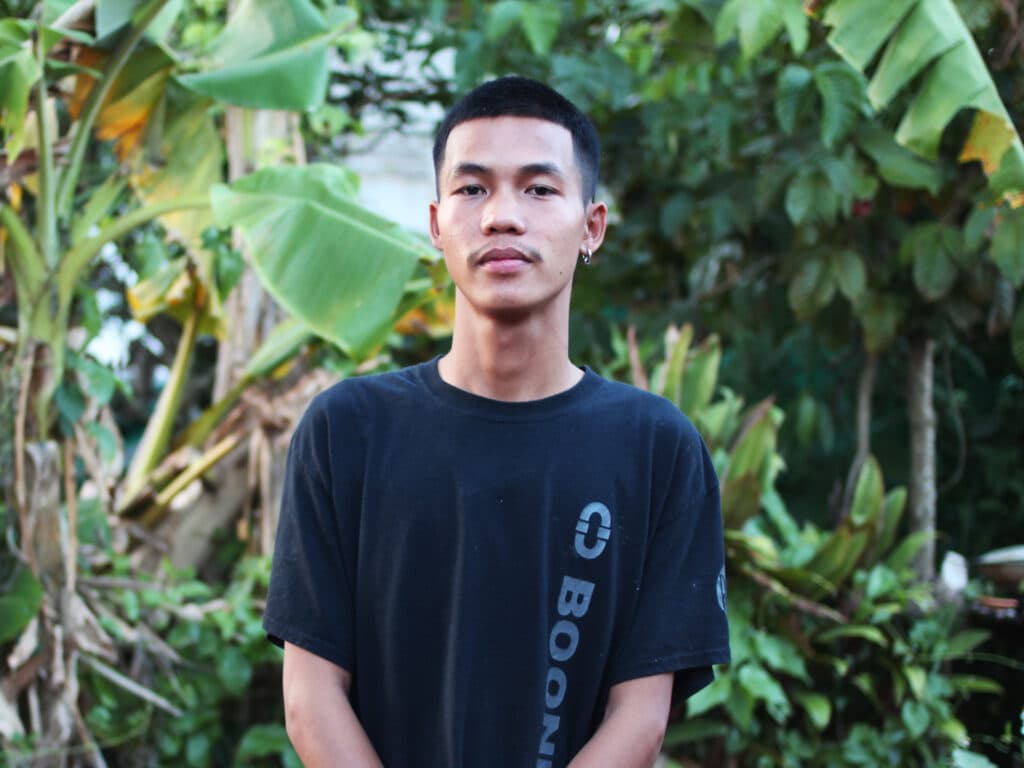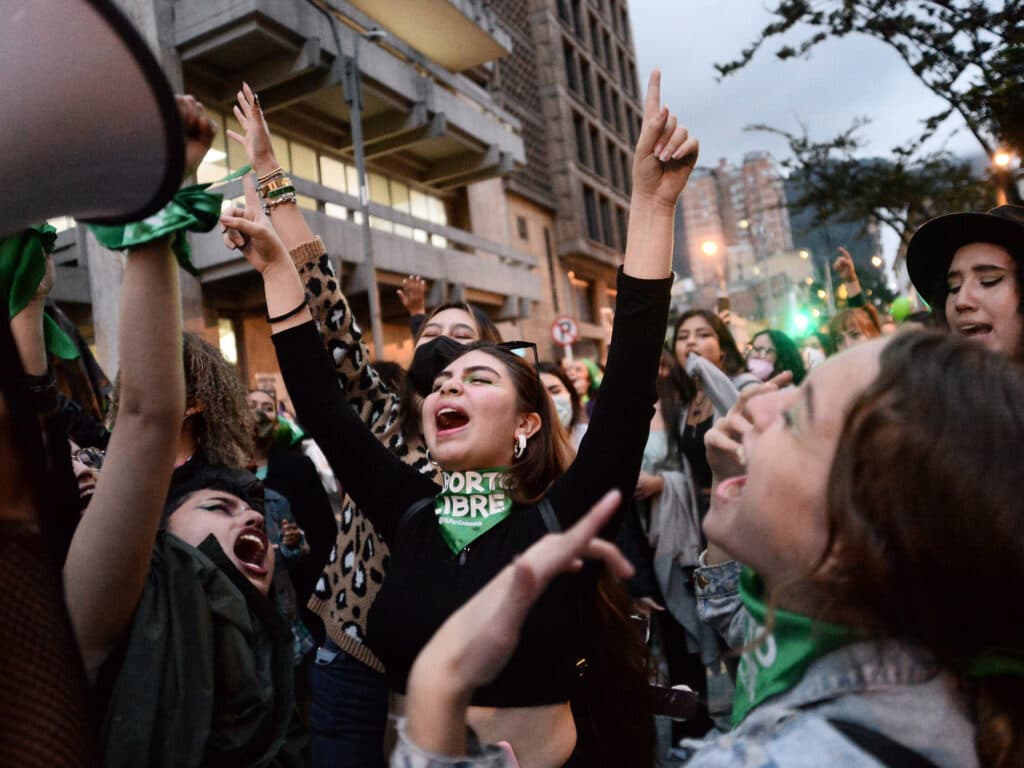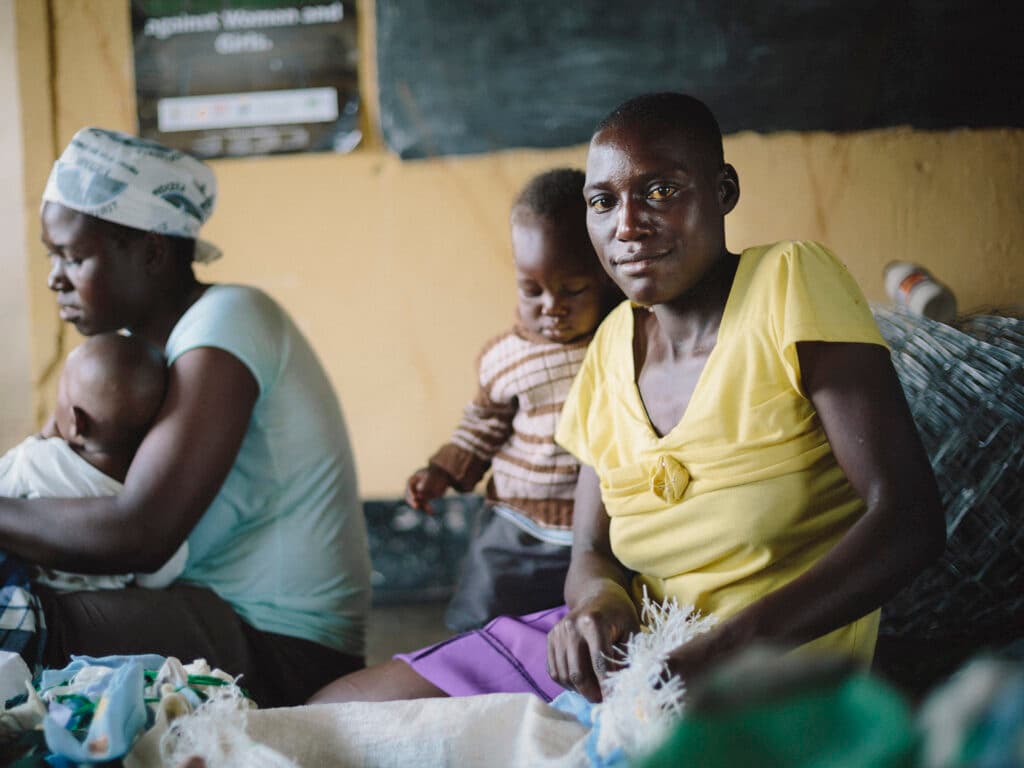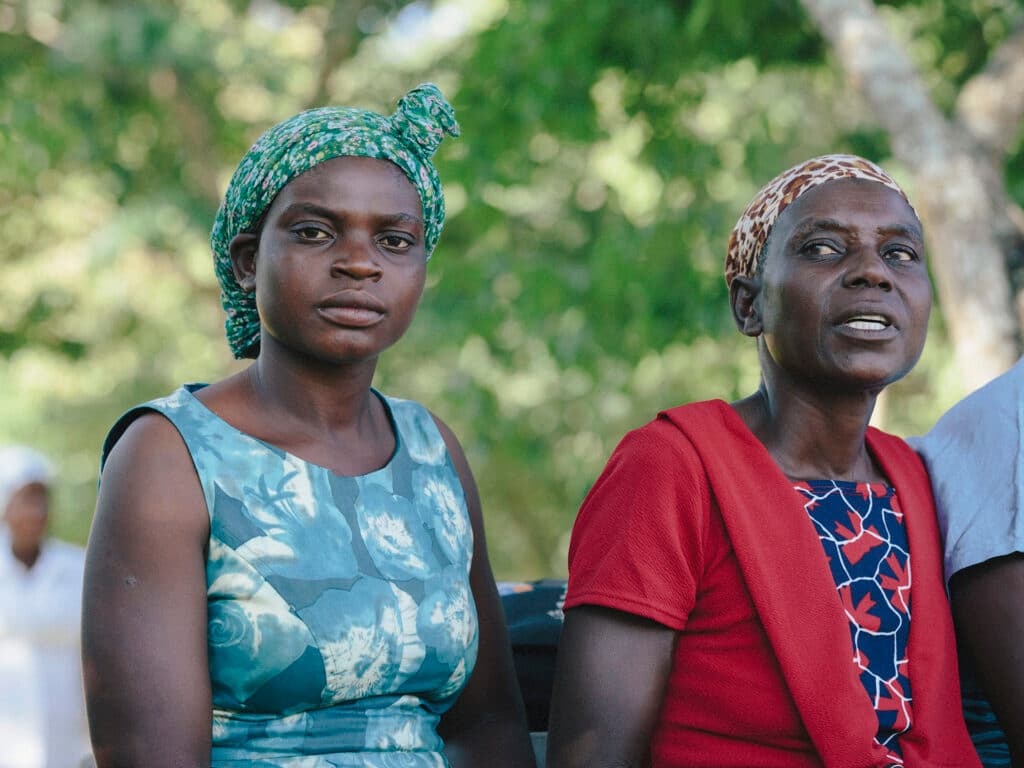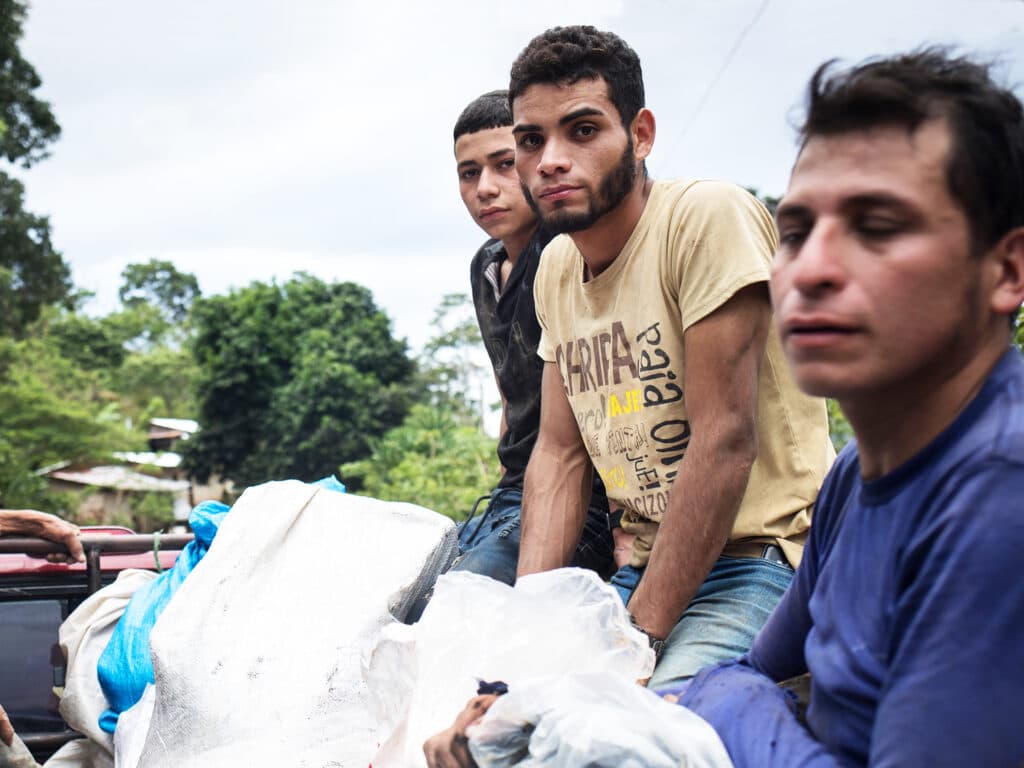
Conflict and justice
Violence is perhaps the most significant and destructive challenge to human development and dignity. Therefore Diakonia works to address conflicts before, during or after they turn violent. Work is organized around four objectives: protection, peace building, women, peace and security, and policy coherence for peace.
Protection
There are international laws to protect people during armed conflict. International Human Rights Law, IHRL, applies at all times: in peacetime as well as during armed conflict. In times of armed conflict, International Humanitarian Law, IHL, also comes into play. Diakonia works to strengthen the adherence to and respect for these laws – before, during and after conflict. Diakonia also supports women’s and men’s own strategies for protection in situations where their right to safety and security is compromised by armed actors.
Peacebuilding
Peacebuilding is about solving and managing conflicts peacefully so as to prevent that conflicts turn violent, to bring violent or armed conflict to an end, and to strengthen the prospects for sustainable peace in post-conflict societies. Investments in a society’s capacity to seek just and lasting solutions to conflicts in non-violent ways are key. Broad inclusion and participation of marginalized groups are critical to building sustainable and just peace – one that addresses inequalities. Transitional justice initiatives are needed to establish accountability, rule of law, enable reconciliation, recovery, and restore dignity for survivors.
Women, peace, and security
Women are often excluded and discriminated against informal processes related to security and peace. Despite this, it is common that women organize initiatives in their communities during a conflict and often in response to sexual and gender-based violence, SGBV, that affect women and girls disproportionately. Men and boys active involvement in the fight against SGBV is necessary. Diakonia works to promote and support women’s equal participation informal as well as informal peacebuilding and conflict transformation initiatives on all levels.
Policy coherence for peace
Since sustainable development is dependent on peace – states, the private sector, as well as civil society, need to ensure that they do not fuel violent or armed conflict but instead increase the prospects for peace. Diakonia works to ensure that Sweden’s foreign affairs and in particularly Swedish arms trade are held accountable for any violations of international human rights and humanitarian law. For the same purpose, Diakonia promotes conflict sensitivity for civil society actors and human rights due diligence for private sector operating in conflict-affected contexts.
